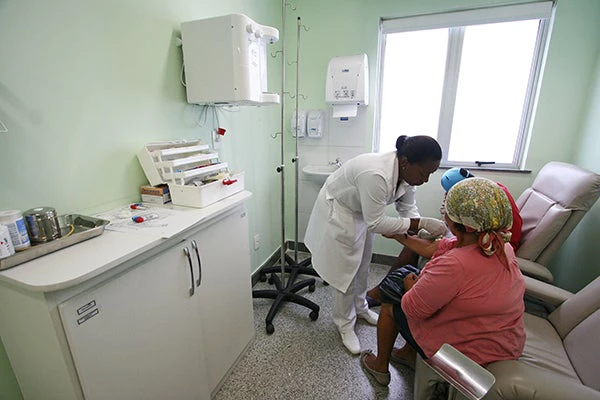
Public-private partnerships (PPP) in healthcare have sprung up in countries across the world. A partial glimpse is provided in this map: http://batchgeo.com/map/f94c86d8e23c42491b545fb3b50daa88
Some governments pursue PPPs when frustration with ill-functioning public provision prompts them; not least corrupt practices of public-sector doctors who collect “side payments” from patients. At the same time, critics are wary of the motives of commercial providers.
In a short note, I review the key arguments and the evidence. In sum, PPPs are a valuable policy option that allows governments to step outside failing public sector approaches. Intriguingly, some PPPs that have attracted high-profile criticism — hospitals in Lesotho and Spain (Alzira) — actually seem to perform well based on the evidence.
Contracting and supervision capacity of governments is key for success. At the Frankfurt School of Finance and Management's Institute for International Health Management, we are offering a one-week course for policymakers, providers and investors on PPPs in healthcare from December 7 - 11, 2015 in Frankfurt, Germany.
The course — developed in collaboration with the International Finance Corporation — aims at setting out the core issues in developing PPPs in healthcare including pitfalls and requirements for government oversight. Beyond case discussion during the course, participants are encouraged to bring their own issues to the course for discussion. As in past courses held in 2013 and 2014 we expect a group of about 30 to 40 participants from a wide range of countries from all continents.
The detailed program can be downloaded from the course website: http://www.frankfurt-school.de/content/en/education_programmes/executive/executive-trainings/health-care/health-ppp.html


Join the Conversation